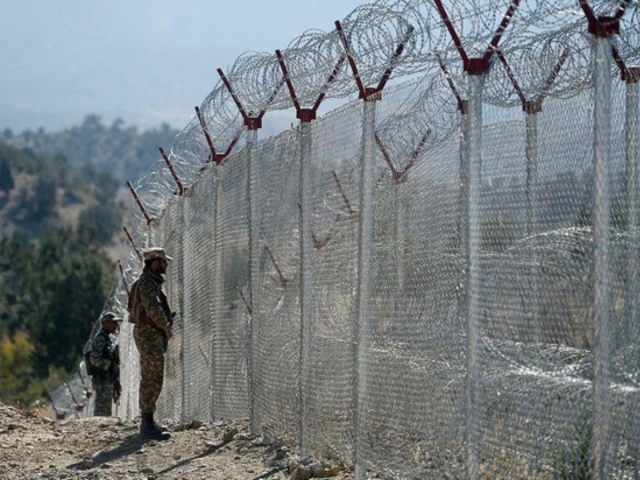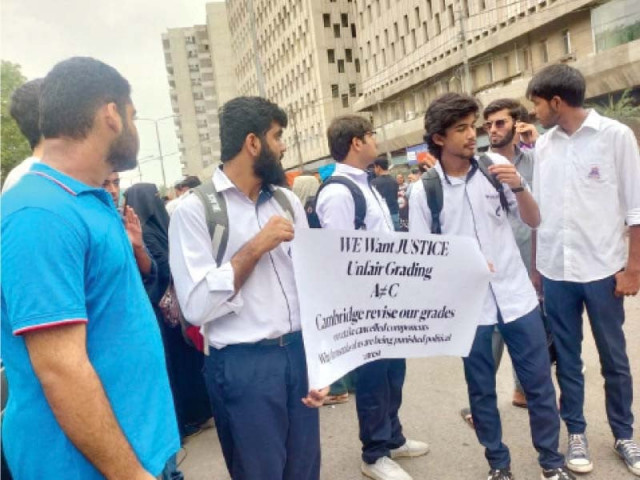Pakistan Army’s Response to Recent Clashes: A Look at Regional Stability
In a significant escalation of tensions along the Pak-Afghan border, the Pakistan Army reported that its forces engaged in overnight clashes with Afghan Taliban fighters, resulting in over 200 enemy combatants being neutralized. Tragically, this confrontation, which occurred on October 11-12, also led to the martyrdom of 23 Pakistani soldiers.
According to the Inter-Services Public Relations (ISPR), the attack appeared to be unprovoked and included cross-border firing and limited raids by the Taliban, reportedly supported by elements labeled as "Indian-sponsored." This complex situation underscores not only the volatile state of border security but also highlights the challenges Pakistan faces in safeguarding its territorial integrity.
The Pakistani military’s response was swift and decisive. ISPR emphasized that the army exercised its right to self-defense, launching precision strikes against Taliban camps and training facilities within Afghan territory. These operations aimed to counteract the perceived threat of terrorism fueled by groups such as Fitna al Khawarij and ISKP/Daesh.
Pakistan’s efforts were also directed toward protecting civilian life; military officials stated all precautions were taken to avoid collateral damage during their operations. This focus on defense illustrates the country’s broader commitment to maintaining both national and regional security.
The situation is further complicated by the geopolitical dynamics in the region. Reports indicate that this attack coincided with the Taliban Foreign Minister’s visit to India, raising concerns about external influences fueling hostilities. In light of these developments, Pakistani officials have urged the Taliban Government to take immediate steps to neutralize terrorist groups operating from Afghan soil.
Pakistan’s approach leans heavily on diplomacy, aiming for constructive dialogue rather than escalating violence. However, the government has made it clear that it will not tolerate the misuse of Afghan territory for terrorist activities. The call for the Taliban to prioritize the welfare of the Afghan people over destabilizing tactics is a reminder that regional stability is a mutual responsibility.
This recent episode serves as a reminder of the deeply entrenched issues within the region. As Pakistan continues to navigate these complex challenges, the emphasis remains on resilience and proactive measures to combat terrorism.
For those interested in more in-depth perspectives on regional security and related topics, feel free to connect with us at Pro21st. Together, we can explore ways to promote peace and understanding in a world that often feels divided.
At Pro21st, we believe in sharing updates that matter.
Stay connected for more real conversations, fresh insights, and 21st-century perspectives.





